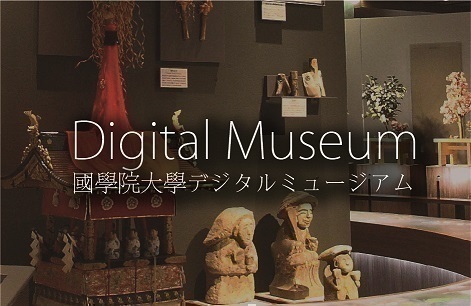- トップ
- Encyclopedia of Shinto
- Ōishigori Masumi
Encyclopedia of Shinto
| Main Menu: | |
| Links: |
詳細表示 (Complete Article)
| カテゴリー1: | 8. Schools, Groups, and Personalities |
|---|---|
| カテゴリー2: | Personalities |
| Title | Ōishigori Masumi |
| Text | (1833-1913) Practitioner of genreigaku, or investigation of the spirit-power of words (kotodama). His lineage name was Mochizuki, and he had the childhood name of Haruo, then was given the name Daisuke Kōmu after his coming of age. Born in the eleventh month of 1833 in Ueno in Iga Province (in present-day Mie Prefecture). He initially studied medicine and National Learning (kokugaku), but after the Meiji Restoration he became deeply involved in mountain ascetic practices and research on Shinto liturgy (shinten), studying under the guidance of Shugendō practitioner Yamamoto Hidemichi in Gifu Prefecture. He took the name Ōishi Gorimasumi in 1873. Influenced by genreigaku practitioners such as Yamaguchi Shidō and Nakamura Kōdō, he helped establish the discipline of Japanese genreigaku based on the "Mirror of Masumi," (a series of seventy-five sounds said to include the entirety of truth). Additionally, Ōishi taught the Amatsukanagi tradition of deciphering ancient texts based on the practice of kanagi (a form of divination). He is said to have demonstrated paranormal abilities which he used to predict a fire at the Grand Shrines of Ise (Ise Jingū) and a great world war. His unique blend of genreigaku and mysticism influenced Ōmoto founder Deguchi Onisaburō (1871-1948). Ōishi died April 11, 1913, at the age of eighty-two. His complete works are collected in the Ōishigori masumi zenshū (Tokyo: Hachiman Shoten, 1981), and include Dainippon genreigaku and Amatsukanagi no kyokuten among others. —Tsushiro Hirofumi |




